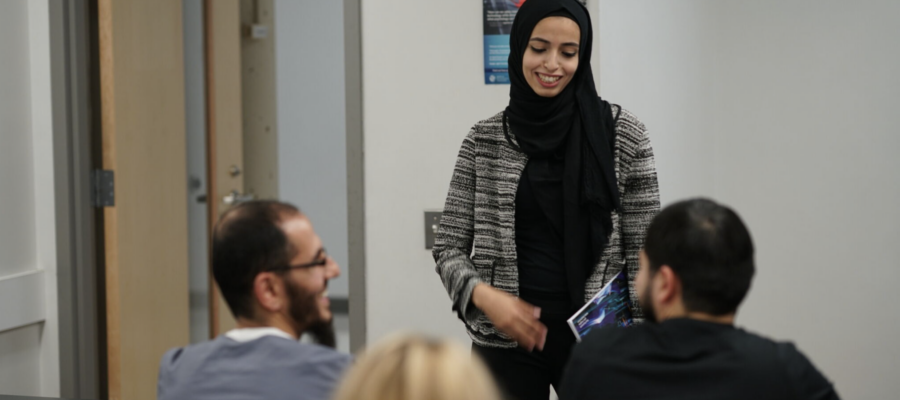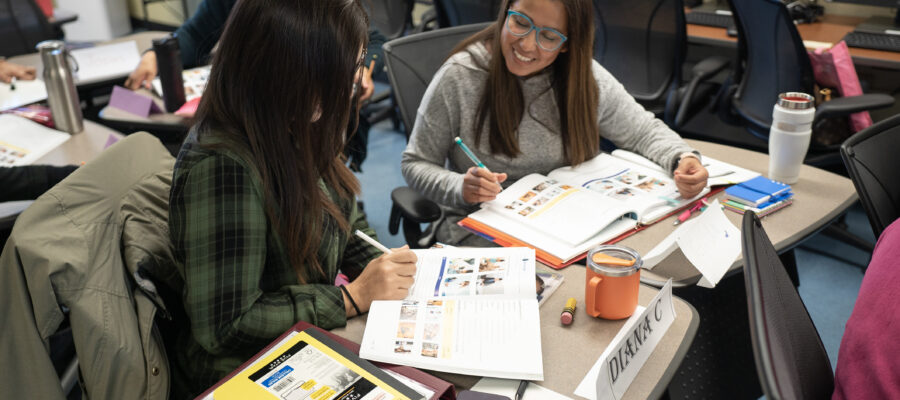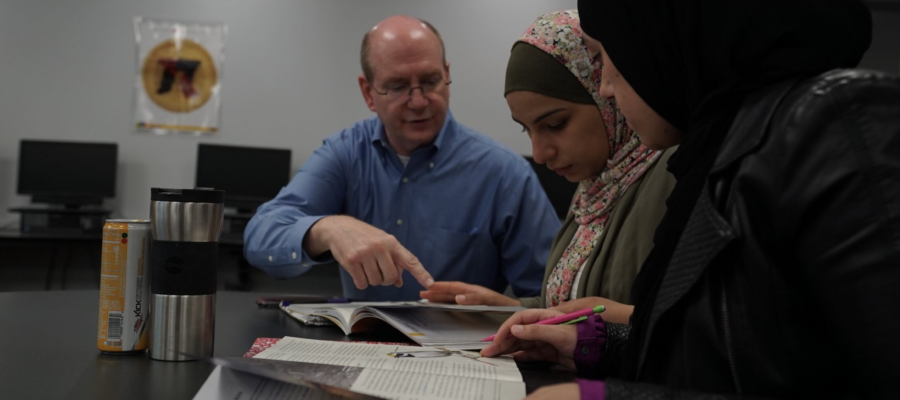Newcomer students who have recently arrived in the United States bring diverse backgrounds, languages, and experiences that enrich our classrooms. Newcomers also often have huge gaps to close before taking part in content-area high school classes. A newcomer will be new to the on-level concepts of algebra, civics, and biology,











